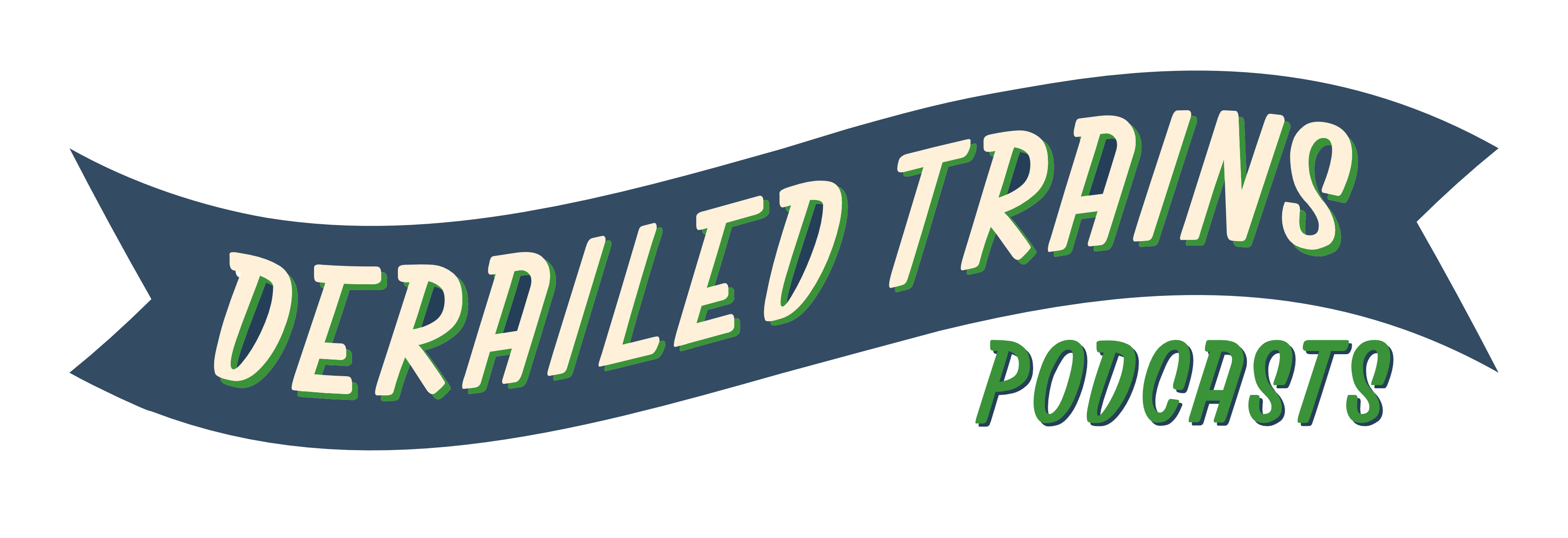
It’s 1922. It’s the era of silent films, and our first classic movie of the century is Nosferatu: A Symphony of Horror, a early (and unofficial) Dracula film directed by F. W. Murnau.
What Nosferatu offers casual movie fans who have always meant to watch classic movies: iconic imagery, German expressionism, early vampire lore, and a haunting (but not scary) experience.
Listen in to find out more!

It’s interesting that you both questioned the name of Knock. He’s the Nosferatu’s Renfield, the character who shows up before them as a kind of warning. A herald or harbinger to the coming disaster, the first sign that an evil creature is about to arive. I found the name Knock to be quite fitting to such a character, from a writer’s perspective, and from the narrative’s perspective I can easily believe the vampire would give Knock his name after he went mad. I found his character to be pretty neat, over all.
The fact that Orlock spent so much time trying to buy a house probably has something to do with the fact that he can’t enter a residence unless it’s his own or he is invited, although I’m not sure if that particular piece of the lore is a modern invention or not. It seems like a very old-timey kind of thing but I’m afraid my folkore isn’t good enough to know if it would be part of the mythos at this point or not. I also assumed vampires dying in sunlight was an old part of the folklore but aparently it’s not….
Sorry for the late reply on this! I like both of your theories. I guess we were so focused on Knock as a minion/Igor-type that neither of us had thought of him as a herald, but that is absolutely a valid reading of his character.
As for the folklore, I know very little related to vampires beyond modern pop culture and cartoonish ideas. (Don’t some of them sell chocolate cereal? They love to count, right?) But the idea that they have to be invited sounds plausible; it sounds akin to some things I’ve heard about demonic activity. But if anyone reading this knows more about this aspect of traditional vampire mythology, I’d be interested to have them set the record straight.
Thanks for the comment, Nate!